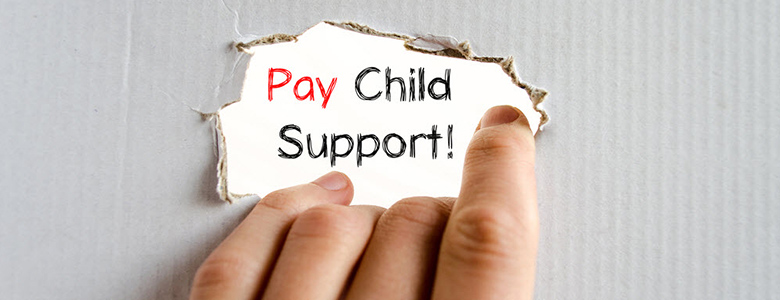
Would Child Support Collections Improve with Debt Forgiveness Programs?
By: M. Scott Gordon
When a parent fails to make child support payments (leading the other parent to engage in child support collections processes), is it because the parent behind on payments does not want to pay? According to a recent article in Governing, social services employees have begun to question whether low-income parents who do not pay child support simply cannot do so. In such cases, would the need for child support collection processes decline if those parents were eligible for debt forgiveness programs in which other types of debt—like credit card debt or medical debt—were forgiven? Or, if the amount of child support owed is unmanageable, would reducing the parent’s child support debt actually increase the likelihood of future child support payments?
In other words, if those parents were not concerned about trying to make payments on outstanding debts, would their ability to pay child support improve? That is a question that a number of cities and states in the country have begun asking. One such program currently exists for Chicago residents: the Clean Slate Program. But do these programs actually work?
Majority of Parents Who Owe Child Support Are Below the Federal Poverty Level
Why would programs want to forgive debts in order to increase the likelihood of child support payments (and to reduce the need for child support collections)? At first glance, these programs might not seem to make a lot of sense. However, when we look at certain studies and statistics, debt forgiveness may indeed be a viable option for improving child support payment rates and reducing the need for collection initiatives.
A report from The Urban Institute, prepared for the U.S. Department of Health and Human Services (HHS) and the Office of Child Support Enforcement, looked at late child support payments in nine different states, including Illinois. On average, about 70 percent of all late child support payments were debts owed by parents who had an annual income below the federal poverty level (for a single household, the poverty guideline was set at $11,770 in 2015, according to HHS). To be clear, more than two-thirds of parents who owed back child support did not make more than $10,000 per year. And when parents do not pay child support, interest is tacked onto what is owed, adding to the debt.
Given these facts, cities and states have begun to think of new ways to help parents to make child support payments. The Clean Slate Program is one of these programs.
Learning more About the Clean Slate Program and Its Impact on Child Support Collections
Illinois’s Clean Slate Program is a debt forgiveness program for parents that are behind on child support payments in order to encourage regular payments in the present and future. As the website for the program explains, it “allows the permanent removal of past due child support debt owed to the State of Illinois in exchange for regular ordered payments of support,” provided the parent successfully completes the program.
To be eligible, parents must provide proof of unemployment, incarceration, or a serious illness that prevented child support payment. Then, the parent must provide proof of a current ability to pay, and the parent must make regular child support payments for six months. If the conditions are met, child support owed to the state can be erased, but child support owed to the custodial parent still is owed. The theory behind the program is that it will encourage present and future child support payments—allowing parents to get back on track with their payments.
Does the program actually reduce some need for child support collections? According to a report from the Center for Policy Research, the Clean Slate Program in Illinois has led to a 14 percent increase in child support payments, and about 83 percent of parents who participate in the program have debt write-offs. The program clearly can be beneficial for parents who owe child support and want to make payments, but it may not be enough to deal effectively with the high number of cases where child support remains unpaid.
Contact a Child Support Collections Attorney in Chicago
Do you have questions about the Clean Slate Program or child support collections? A Chicago child support lawyer can assist you. Contact Gordon & Perlut, LLC today.